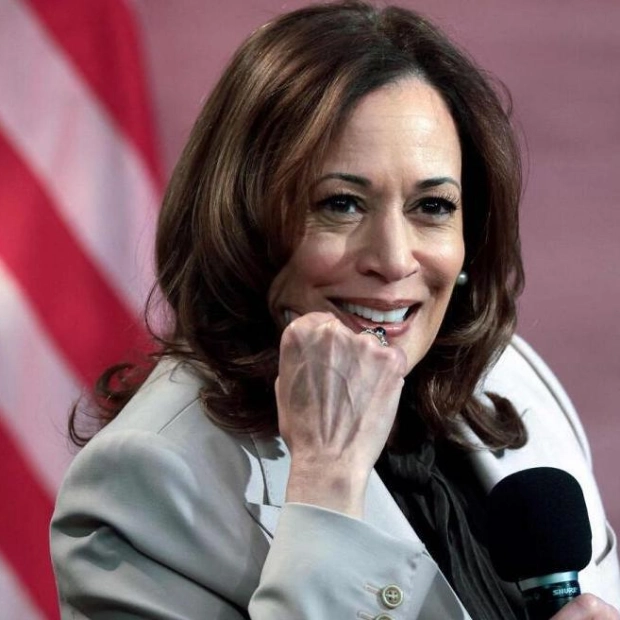An Indian antitrust investigation has revealed that U.S. e-commerce giants Amazon and Walmart's Flipkart have breached local competition laws by favoring certain sellers on their platforms, according to reports seen by Reuters. The Competition Commission of India (CCI) launched an investigation into Amazon and Flipkart in 2020, following allegations that they were promoting specific sellers with whom they had business ties and prioritizing certain listings. In a 1027-page report on Amazon and a separate 1,696-page report on Flipkart, both dated August 9, CCI investigators concluded that the two companies had established an environment where preferred sellers were prominently featured in search results, thereby disadvantaging other sellers.
Both reports, which are not publicly available and are being reported by Reuters for the first time, stated that "each of the anti-competitive practices alleged... were investigated and found to be true." The reports also noted that "ordinary sellers remained as mere database entries." Amazon and Flipkart, along with the CCI, did not immediately respond to Reuters' queries. Both companies have previously refuted the allegations, asserting that their practices comply with Indian laws. They will now review the reports and submit any objections before CCI staff determine potential fines.
The findings of the investigation represent the latest challenge for Amazon and Flipkart in India, where they continue to face criticism from smaller retailers who argue that their businesses have been adversely affected by the deep discounts offered online. The investigation was initiated following a complaint from the Delhi Vyapar Mahasangh, an affiliate of the Confederation of All India Traders (CAIT), which represents 80 million retailers. CAIT welcomed the CCI's findings in a statement to Reuters, indicating that it would study the reports and escalate the matter with the federal government.
Amazon and Flipkart dominate India's e-retail market, which was valued at $57-60 billion in 2023 and is projected to exceed $160 billion by 2028, according to consultancy firm Bain. In the United States, the Federal Trade Commission has sued Amazon, accusing the company of employing "anticompetitive and unfair strategies to illegally maintain its monopoly power." Amazon has contested the FTC's lawsuit, arguing that it is misguided and would harm consumers by resulting in higher prices and slower deliveries.
Indian investigators conducted raids on certain sellers affiliated with Amazon and Flipkart during the probe, following a Reuters investigation in 2021 that was based on internal Amazon documents. The investigation revealed that Amazon had been giving preferential treatment to a select group of sellers for years, allowing them to circumvent Indian laws. Although Amazon has denied any wrongdoing, the CCI previously informed an Indian court that the Reuters special report corroborated evidence against the company. The CCI's report on Amazon highlighted that preferred sellers on the platform "get the advantage in the (online) listing" and that customer searches often draw attention to these listings. This practice, along with deep discounting of mobile phones, including selling products below cost price, has had a "catastrophic impact on the existing competition in the market."
The report on Flipkart similarly found that preferred sellers were provided various services, such as marketing and delivery, at a minimal cost. Flipkart also enabled these sellers to offer mobile phones at deep discounts, which the CCI deemed as "predatory pricing" and a practice that forecloses competition. Both reports emphasized that the anti-competitive practices were not confined to the sale of mobile phones but were prevalent across other categories of goods as well. Flipkart and Amazon had previously attempted to halt the investigation through legal challenges in courts, but the Supreme Court allowed it to proceed in 2021.
Last month, India's commerce minister publicly criticized Amazon, stating that the company's investments were frequently used to offset its business losses. In June last year, Amazon announced plans to increase its Indian investment to $26 billion by 2030, including funds for its cloud business, and to achieve merchandise exports worth $20 billion from India by 2025.






